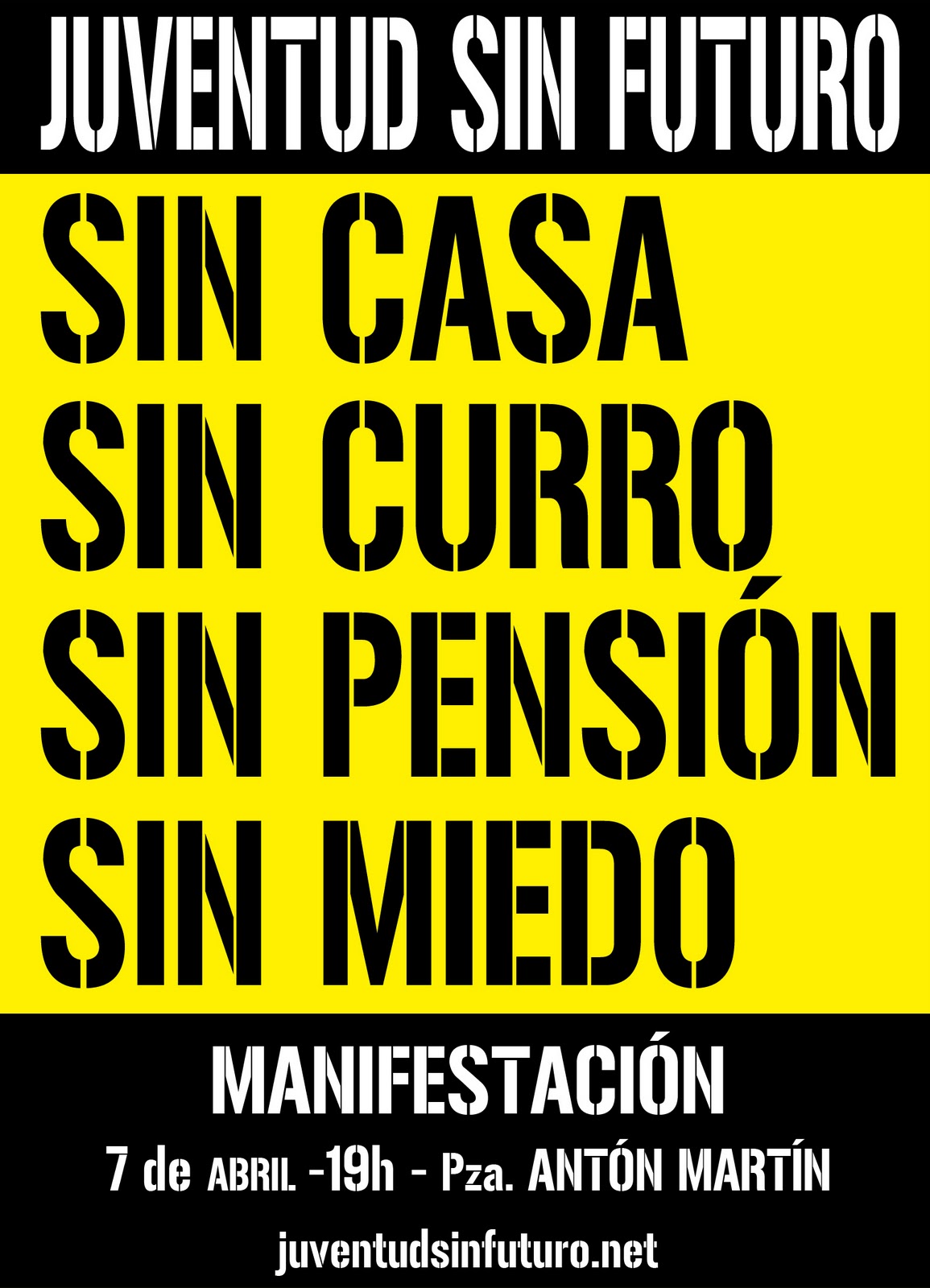TENT CITY AND MARCH AT THE AUA CONFERENCE
19th of April 2011 @ UNIVERSITY PARK CAMPUS, NOTTINGHAM
On April the 18th -20th the
Association of University Administrators will be
meeting in Nottingham to discuss the future of Higher Education in the UK. As the government’s plans to lift the cap on tuition fees to £9.000 is exploited by a cartel of administrations to monopolise high-end university education, the minister for universities, David Willetts, keynote speaker at the AUA conference, reassures us that the cuts in funding and the raises in fees will be ‘progressive’. The same ‘Honourable Gentleman’ tries to divide us by blaming women’s struggle for equality for the problems that big business and career politicians have created for working-class men. In order to defend and advance the cause of education in this country over business managers and privilege, and to show that we won’t be divided by patriarchal logic, we invite you to the following:
- MARCH FOR EDUCATION AND SOLIDARITY
Meet at the Lakeside Arts Centre, University Of Nottingham, University Park, Nottingham NG7 2RD at 12:00 on the 19th of April.
We will march on the conference to challenge David Willetts’ destructive policies and patriarchal logic, and those who enable the savage cuts and fees he promotes. There will be a feminist bloc.
Bring placards, banners, and the noise. Speakers from anti-cuts campaigns across the country and Women Against Cuts TBA.
- CAMP FOR THE EDUCATION ALTERNATIVE
As a response to a conference which charges at minimum £99 for one day’s access, we will be hosting a free camp at a location (to be disclosed nearer the time) near the conference in Nottingham. Join us in camping over- bring a tent and camping equipment with you!
The camp will last from the 19th-20th and hold workshops and discussions with activists and academics on the topics including: Anti-Oppression; Gender and The Cuts; Zombie Universities; Protest Tactics, Strategies, and Direct Action; Capitalism and Beyond; There will also be food, a kids space, music, performance, and art!
At the AUA conference, Willetts will speak to an audience of Vice-Chancellors, Registrars and other administrative staff and encourage them to support his policies. These are the same staff who blithely cut departments, intimidate lower-paid academic staff, and exploit support workers in the name of the cuts. Yet vice-chancellors and management refuse to take a cut in salary, despite earning well over £150,000 a year. It is not a question of whether one or many wolves tear apart education, whether the government or the university administrations promote cuts and commercialization, it is a matter of us building alternatives and taking action.

NO IFS, NO BUTS, NO EDUCATION CUTS!
See you there,
Nottingham Students against Fees and Cuts
 Those were among the most depressing figures in a rather depressing new report from the Federal Reserve Bank of New York, which USA Today dives into. To put the $1-trillion figure into some perspective, that total means that Americans now owe more in student loans than they do on their credit cards.
Those were among the most depressing figures in a rather depressing new report from the Federal Reserve Bank of New York, which USA Today dives into. To put the $1-trillion figure into some perspective, that total means that Americans now owe more in student loans than they do on their credit cards. 










